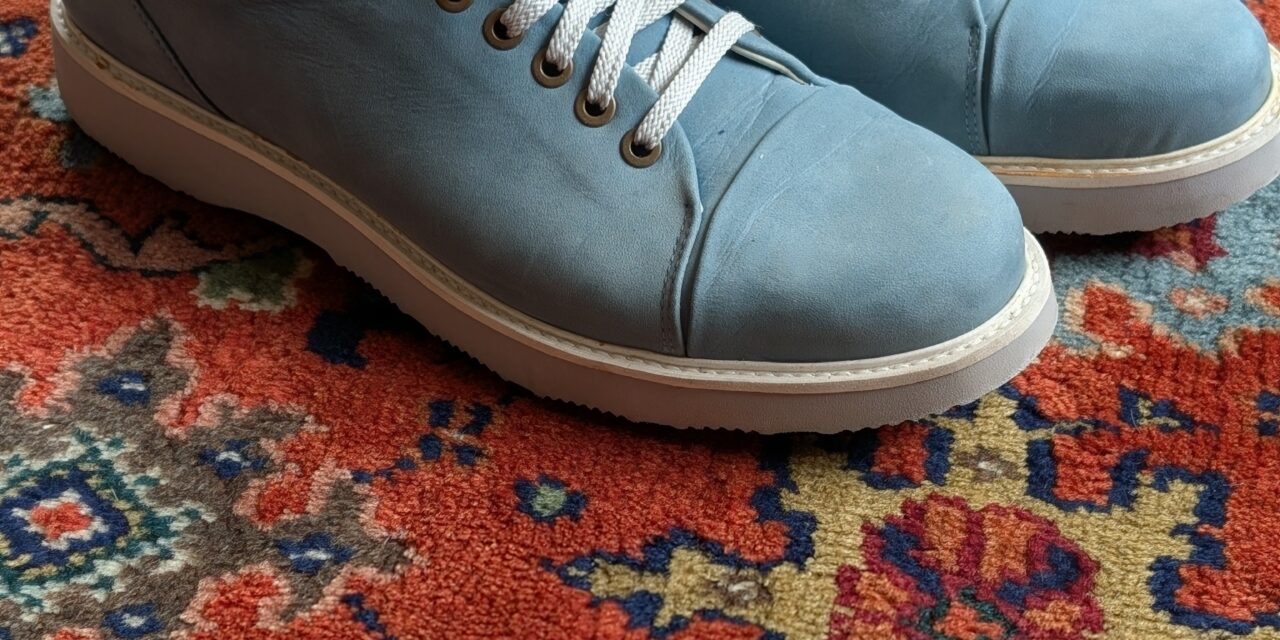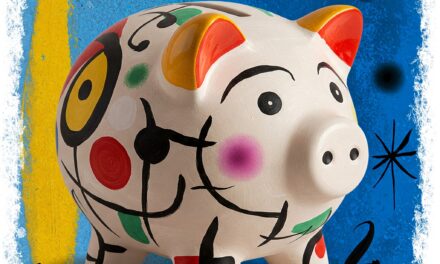As someone who struggles with seasonal allergies and admittedly a bit of a germaphobe, I am always on the lookout for ways to decrease my exposure to bacteria, pollen and pollutants – and your footwear can track in more than you might expect. Taking off your shoes at the door isn’t just about keeping floors clean—it’s actually rooted in health, hygiene, and cultural traditions.
Even the Cleveland Clinic reports wearing shoes inside is a bad idea, noting that scientists have examined the soles of shoes, and found hundreds of different germs, including:
- Methicillin-resistant Staphylococcus aureus (MRSA), a superbug that’s resistant to common antibiotics and can cause life-threatening infections.
- Escherichia coli (E. coli), bacteria that live in your colon and can cause diarrhea and other infections.
- Clostridioides difficile (C. diff), a bacterium that can cause severe, life-threatening diarrhea and colitis.
In spring, pollen from trees, grasses, and weeds clings to shoes, turning them into allergen carriers. A 2020 article in The Journal of Allergy and Clinical Immunology highlighted that pollen tracked indoors can exacerbate allergies and asthma, prolonging symptoms for sensitive individuals. With pollen counts peaking in spring, leaving shoes at the door can significantly reduce indoor allergen levels.
Adopting a no-shoes policy at home offers compelling benefits:
- Improved Indoor Air Quality: By keeping pollen, dust, and pollutants out, you reduce airborne irritants. This is especially critical in spring, when allergies are rampant. Fewer allergens mean fewer sneezes and better breathing for everyone.
- Reduced Health Risks: Limiting bacteria and toxins in your living space lowers the risk of infections and exposure to harmful chemicals. This is particularly important in homes with young children, who are more vulnerable to contaminants in dust.
- Cleaner Floors, Less Cleaning (YES!): Shoes track in dirt and debris, making floors grimy faster. A 2019 study from the University of Houston estimated that 40% of household dirt comes from shoes. Taking them off saves time on sweeping, vacuuming, and mopping.
- Protecting Flooring: Dirt, grit, and pollen can scratch hardwood, stain carpets, or wear down rugs. A shoes-off habit preserves your flooring’s lifespan, saving money in the long run.
The Cultural Significance of Removing Shoes
Taking off shoes at home isn’t just practical—it’s deeply cultural in many parts of the world. In Japan, removing shoes before entering a home is a centuries-old tradition tied to cleanliness and respect. The genkan (entryway) is a dedicated space for this ritual, symbolizing the transition from the outside world to a pure, sacred interior. Similarly, in many Middle Eastern and South Asian cultures, removing shoes is a sign of hospitality and reverence, especially in homes and religious spaces.
In Western countries, the practice is less universal but gaining traction. Scandinavian countries often embrace shoes-off homes, influenced by both hygiene and a desire to maintain cozy, clean interiors. As global awareness of hygiene grows—spurred by events like the COVID-19 pandemic—more households worldwide are adopting this habit, blending cultural respect with practical benefits.
Making a Shoes-Off Home Work
Ready to kick off your shoes? Here are some tips to make it seamless:
- Create a Welcoming Entryway: Set up a shoe rack, bench, or basket near the door. Add slippers for guests to make the transition comfortable.
- Communicate Politely: If guests aren’t used to the practice, a friendly sign or gentle request (“We’re a shoes-off home”) can set the tone.
- Keep It Seasonal: In spring, place a mat outside to brush off pollen and dirt before entering, and vacuum entryways regularly to catch stray allergens.
- Lead by Example: Make it a family habit, and others will follow. Kids especially love the ritual of swapping shoes for cozy socks or slippers.
Taking off your shoes at home is a small act with big rewards. So, next time you step through the door, pause, slip off your shoes, and enjoy a healthier, more harmonious home.





